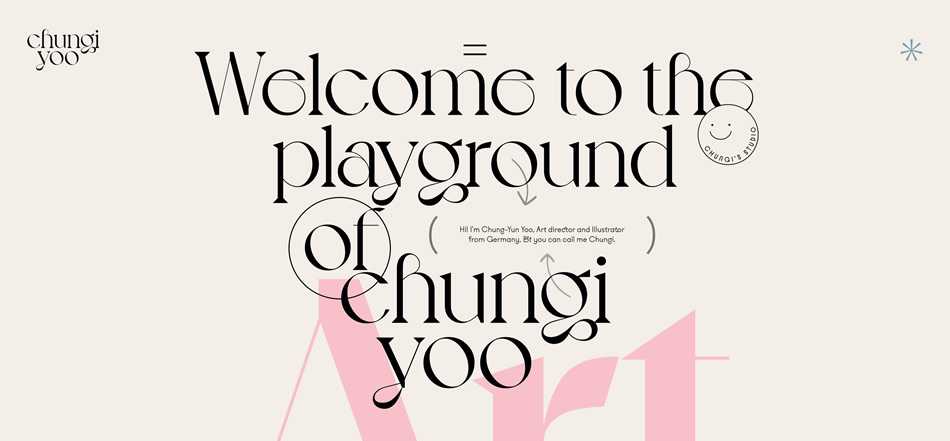Is It Really Worthwhile Having a Personal Portfolio?
We all know blogging and personal portfolio sites have been very important for designers looking to increase their visibility to clients and others who admire their work.
But some key developments have risen up over the past decade, which, in my opinion, are threatening to eliminate the need for a personal website.
Information is spread so quickly these days through social media that it’s impossible to keep up with all of it, and the truth is that potential clients and people who like your work are rarely going to take time out of their busy day to visit your website.
A Faster Way To Market
These days, you don’t really need your own website to market yourself as a designer (I don’t have one). You can reach out to the design community via social media, as we saw earlier, but there are other ways to distribute your content.
You can do guest posts on other blogs, create a newsletter list, or even do something like a podcast. All of these things will spread the word much faster than simply creating content and putting your stuff on it.
If you’re looking to market your services as a designer, then time is always of the essence. Yes, you can still build your personal brand extremely slowly, relying on organic search to send you tiny increments of traffic over a period of years. But who has time for that? You’ve got clients to get and a reputation to build, pronto!
Let me be clear here: I definitely think that websites can be an important part of your marketing plan. They do provide a certain legitimacy to a designer’s online presence that social media doesn’t – at least not yet.
At a later date, you can make your personal blog as elaborate and inviting as you please. But if you’re just starting out and need a boost to your visibility, ditch the personal site and start circulating your content in a broader variety of places.
 The personal portfolio of Chungi Yoo
The personal portfolio of Chungi Yoo
What’s Your Ideal Outlet?
You might think that blogging is a straightforward thing: you get a blog, write some posts, and voila – now you’re a blogger. That used to be the case about 8 or 9 years ago, but now, the market is saturated with others doing the exact same thing.
The explosion of social media has also affected the landscape quite a bit. Designers have far more choices through which to spread their message, and each one has its pros and cons.
Should you be blogging on your own website, or is there a social media outlet that’s more ideal for the type of work that you do? The best way to find out is to try a few of the most popular channels: Behance, Facebook, Dribbble, et cetera, and figure out exactly what’s right for you.
Are you an Instagram person, or would Twitter or Pinterest be more your style? What does your audience respond best to?

The personal portfolio of Raffaele Sabbella
Getting The Knowledge Out There
Again, I’m not saying that having your own website or blog isn’t important at all. But there is definitely a right way and a wrong way to blog as a creative professional, and, I’m sorry to say, most people are going about it the wrong way.
The point isn’t to put something on your blog and have it live there forever. If you want to change minds and affect people with your ideas and your work, it needs to float out there in cyberspace, far from home, and find new homes with others who find the most value in it.
Sharing your knowledge and ideas helps connect you with others in the industry whom you can bounce ideas with. They can also carry your message into far-flung corners of the industry which you might not be able to reach yourself.
This is the science behind “viral” content. A group of readers finds your content valuable, and they each share it with their friends. Those friends find it equally valuable and share it with their friends, and so on.
Designers like Jessica Hische, Marian Bantjes, and Michael Bierut are all vocal about their opinions on the design industry, and many people know them as much for that as they do for their beautiful designs.
The more visible you are, the more people trust you, and the more your opinions can be far-reaching – much more so than your actual design work.